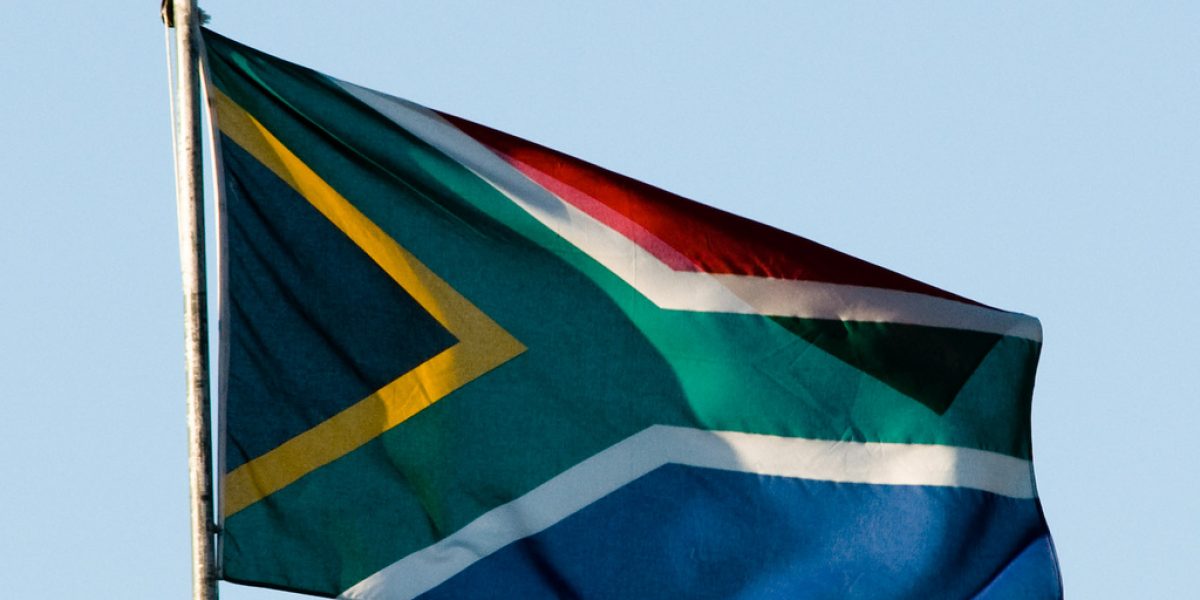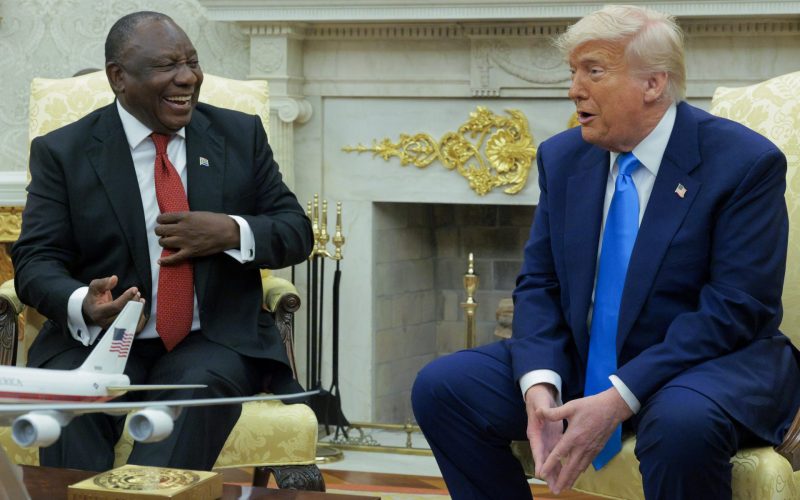Indeed, given its regional economic primacy, South Africa’s diplomatic manoeuvres are closely watched, especially when it comes to the region.
And its growing corporate involvement on the continent (notwithstanding the fact that it accounts for a small proportion of our international corporate footprint) attracts schizophrenic responses – fear mixes with desire for greater investment.
These are interesting times for South Africa’s trade diplomacy.
Hopefully, they will not prove to be interesting in the sense of the famous Chinese curse. Regardless, interesting times such as these call for a compass with which to navigate potentially treacherous waters.
My starting point is the (generalised) African development problem, the object of so much diplomatic effort in recent months. The question is how Africa can break out of what seems to be a development “vicious circle”.
The current orthodoxy favours dramatic increases in development aid spending. This can help a little, provided donor funds are correctly targeted, projects are domestically driven, and absorptive capacities are sufficiently strong.
The essential condition for African development is managed trade liberalisation and trade facilitation targeted at efficiency enhancement and promoting supply side development.
However, the African experience of this approach seems psychologically marred, first by structural adjustment processes apparently imposed from above through the International Monetary Fund and World Bank, and second by the gathering anti-liberalisation consensus.
Central to the latter is the notion of the “development state”, a crucial corollary of which is minimisation of trade liberalisation in favour of import substitution.
With the possible (although unlikely) exception of South Africa, it is difficult to imagine a developmental African state.
Indeed, the New Partnership for Africa’s Development is premised on the notion of a generalised crisis of the state in Africa. When this is combined with the fact that domestic markets are so small as to be virtually insignificant on the global scale, it is difficult to imagine how import substitution could succeed.
In reality, Africa’s second great problem (after governance) is its relative lack of globalisation, not too much exposure to the world economy.
Unfortunately, the notion of “neo-colonial impositions” is firmly associated with the global trading system in the form of the World Trade Organisation (WTO).
Consequently, in the WTO the Africa group has largely sublimated its economic development interests – attracting (mostly western) investment in supply side economic activities – to outdated notions of appropriate development strategy via import substitution.
In this light, far from constituting hubris, South Africa’s pursuit of its own economic interests on the continent is natural and necessary. It should not be subordinated to what the Africa group in the WTO defines as the African interest. It is actually in both parties’ interests.
More importantly, this should also be vigorously pursued outside of the WTO’s mercantilist logic.
Jagdish Baghwati famously likened the global proliferation of regional trading arrangements (RIAs) to a “spaghetti bowl”. Africa is no exception. RIAs abound in our part of the world (Sacu; the SADC;
The Common Market for Eastern and Southern Africa, the East African Community), with some countries belonging to three such arrangements. It is no wonder that governments, never mind business, are confused.
Clearly, South Africa is not to blame for this situation. Africans are responsible for many of their problems, including this one, and are likewise responsible for finding solutions. Good trade policy, like charity, begins at home.
Equally clearly, the problem of overlapping memberships in RIAs requires urgent resolution. And South Africa has a key role to play in this, being indispensable to a viable economic integration project in our region, notwithstanding the political sensitivities this generates.
Yet we are not the only significant actor. Of most significance is the EU, historically the destination for much of the region’s exports and primary dispenser of development assistance.
The US is also a significant destination for the region’s goods and a provider of donor funds. Therefore, in some crucial respects the region’s destiny is being forged elsewhere.
Where does this leave a South Africa-centric regional integration project?
While much has been done to build the region since 1994, notably via the Southern African Development Community (SADC) free trade agreement, much more should be done.
Critically, the South African government should harness our domestic market by adopting a more generous approach to regional development through unilaterally lowering tariffs and liberalising rules of origin.
The best vehicle for this is the Southern African Customs Union (Sacu). Sacu should, over time and on the basis of careful co-ordination with our partners in the union, take the lead from SADC in building regional economic integration.
This acquires new urgency in light of the challenges that EU-inspired economic partnership agreement negotiations pose.
These agreements are the EU’s chosen instrument for reordering its economic relations with former colonies, including our region. They are premised on the notion that viable RIAs already exist – not a good assumption.
Economic partnership agreements have the potential to redefine our region’s institutional architecture while simultaneously introducing greater EU competition on the basis of more favourable trade incentives.
These dynamics pose serious challenges to South Africa’s regional trade diplomacy. South Africa needs to be alert to these dangers.
If Sacu is to be the chosen instrument for addressing regional economic integration, South Africa has to drive it. Yet it is not clear if there is a consensus within South African trade policy-making circles that such a strategy is desirable.
Furthermore, South Africa’s trade policy-making process suffers from twin problems of a lack of transparency and growing protectionist sentiment.
The danger I envisage is that if the policy-making process and outcome are not adequately liberalised, then other countries in the region may be unwilling to participate in an expanded Sacu dominated by a reluctant and reclusive hegemony. South Africa would then be relegated to the role of bystander as the region is redefined.
The politics of trade policy-making in South Africa are crucial to the region’s future.
Managed unilateral trade liberalisation is both a means of promoting international competitiveness, while simultaneously opening up the policy process and building regional economic integration.






